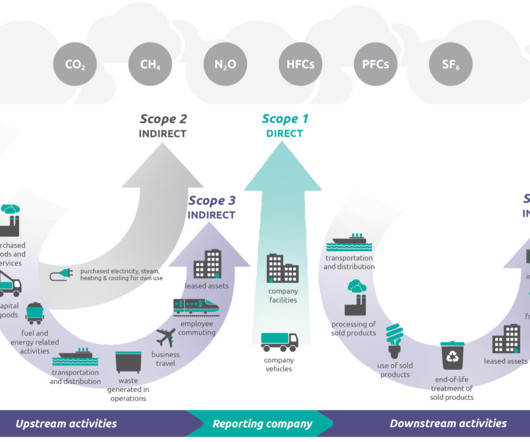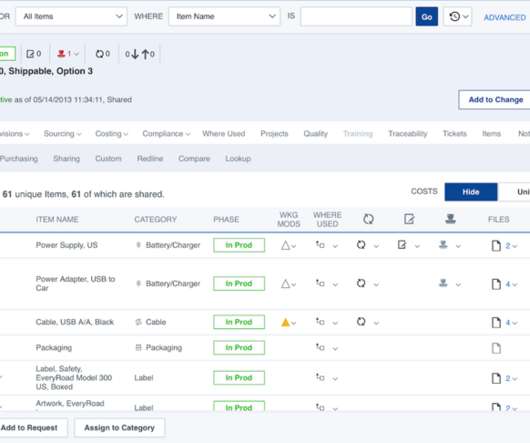Trends That Will Transform Manufacturing in 2023 & Beyond
RFgen
FEBRUARY 10, 2023
Supply chain optimization and attracting talent will continue to be top-of-mind for manufacturers. Artificial intelligence (AI) is most likely to transform the manufacturing sector. Manufacturing has changed dramatically in recent years. With recent advances, AI will accelerate to become outsized in manufacturing trends in 2023.




















Let's personalize your content